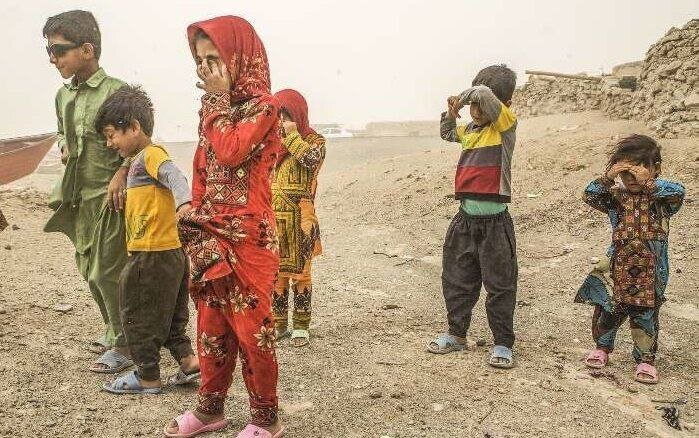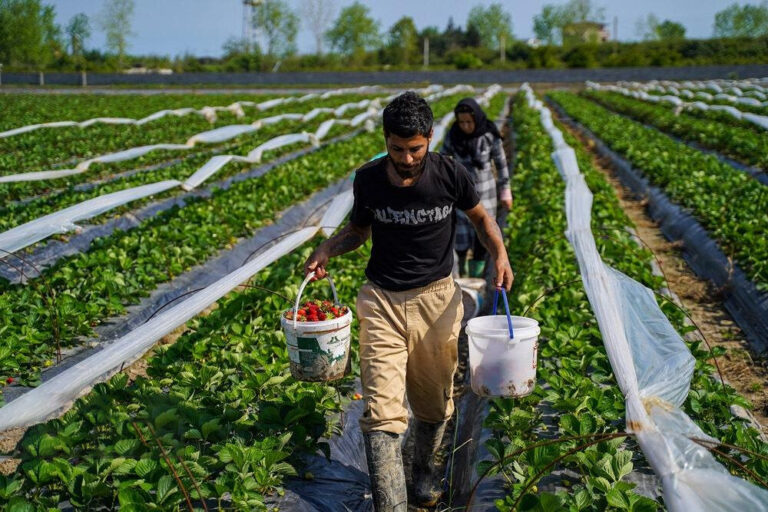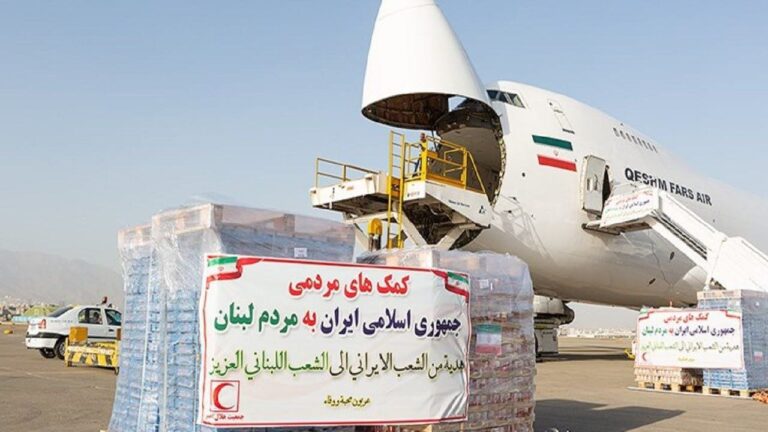Empowering Women Worldwide: Celebrating Rights, Equality, and Progress on International Women’s Day
International Women’s Day, celebrated on March 8 each year, serves as a significant occasion to acknowledge the remarkable achievements of women across the globe. This day transcends divisions—be they national, ethnic, linguistic, cultural, economic, or political. Officially recognized by the United Nations in 1977, International Women’s Day emerged from the labor movements at the turn of the twentieth century in North America and Europe, highlighting the necessity for gender equality and women’s rights.
This year, the celebration revolves around the theme “For ALL Women and Girls: Rights. Equality. Empowerment.” This theme emphasizes the need for actionable strategies to unlock equal rights, power, and opportunities for every woman and girl. It envisions a feminist future where no individual is left behind, with a specific focus on empowering youth, particularly young women and adolescent girls, as essential catalysts for lasting change.
Moreover, the year 2025 marks a crucial milestone, commemorating the 30th anniversary of the Beijing Declaration and Platform for Action. This pivotal document stands as the most progressive and widely endorsed framework for advocating women’s and girls’ rights globally. It has significantly transformed the women’s rights agenda regarding legal protection, access to services, youth engagement, and the evolution of social norms, stereotypes, and outdated ideas.
International Women’s Day urges all sectors of society—from media and corporate leaders to governments and civil society—to take action and invest in promoting women’s rights and gender equality. It calls for collective efforts to ensure that women and girls receive the recognition and support they deserve.
In Iran, the significance of women is marked through the celebration of National Women’s Day, which coincides with the birthday of Hazrat Fatima (SA), the daughter of Prophet Muhammad. This year, National Women’s Day was observed on December 22. On this occasion, Iranian officials underscored the vital role women play in shaping the country’s progress and advocated for the unwavering protection of human rights.
President Masoud Pezeshkian, along with other influential figures, reiterated their commitment to promoting gender equality, justice, and the empowerment of women in both domestic and international arenas. He asserted that violations of human rights should be addressed, regardless of who commits them, through dialogue, legal action, or other appropriate measures.
In his address, President Pezeshkian reflected on societal norms during the time of Prophet Muhammad, emphasizing that the birth of daughters was often seen as a source of shame. He highlighted the transformative significance of Lady Fatimah Zahra’s birth, portraying her as a beacon of dignity and progress in Islamic history. His speech included extensive references to the Quran, underlining the universal importance of justice, equity, and the defense of human rights.
Addressing the audience, President Pezeshkian reaffirmed the principle of women’s equality and celebrated their potential to lead and excel in various fields. He advocated for creating more opportunities for women and girls to engage actively in the nation’s development, emphasizing that their contributions are essential for establishing a just society.
“Women are not only equal to men but often excel in many areas,” he stated. “Superiority lies in piety, not in gender.” He also acknowledged the influential role of mothers in shaping future generations, asserting that no nation can achieve prosperity without the support of capable and dedicated women.
Concluding his speech, Pezeshkian called for enhanced inclusion of women in leadership roles and a renewed commitment to addressing the challenges faced by the nation. “Women have a unique ability to nurture and shape the next generation,” he emphasized, “and this must be recognized as a cornerstone of national progress.”
As we observe International Women’s Day this year, let us remember the collective responsibility we share in advocating for women’s rights and gender equality. By fostering an environment of empowerment and support, we can ensure that every woman and girl has the opportunity to thrive and lead in all aspects of life.
In summary, the significance of International Women’s Day and events like National Women’s Day in Iran lie in their power to inspire action and foster a culture of respect and equality. It is through these celebrations that we can pave the way for a brighter and more equitable future for all.






